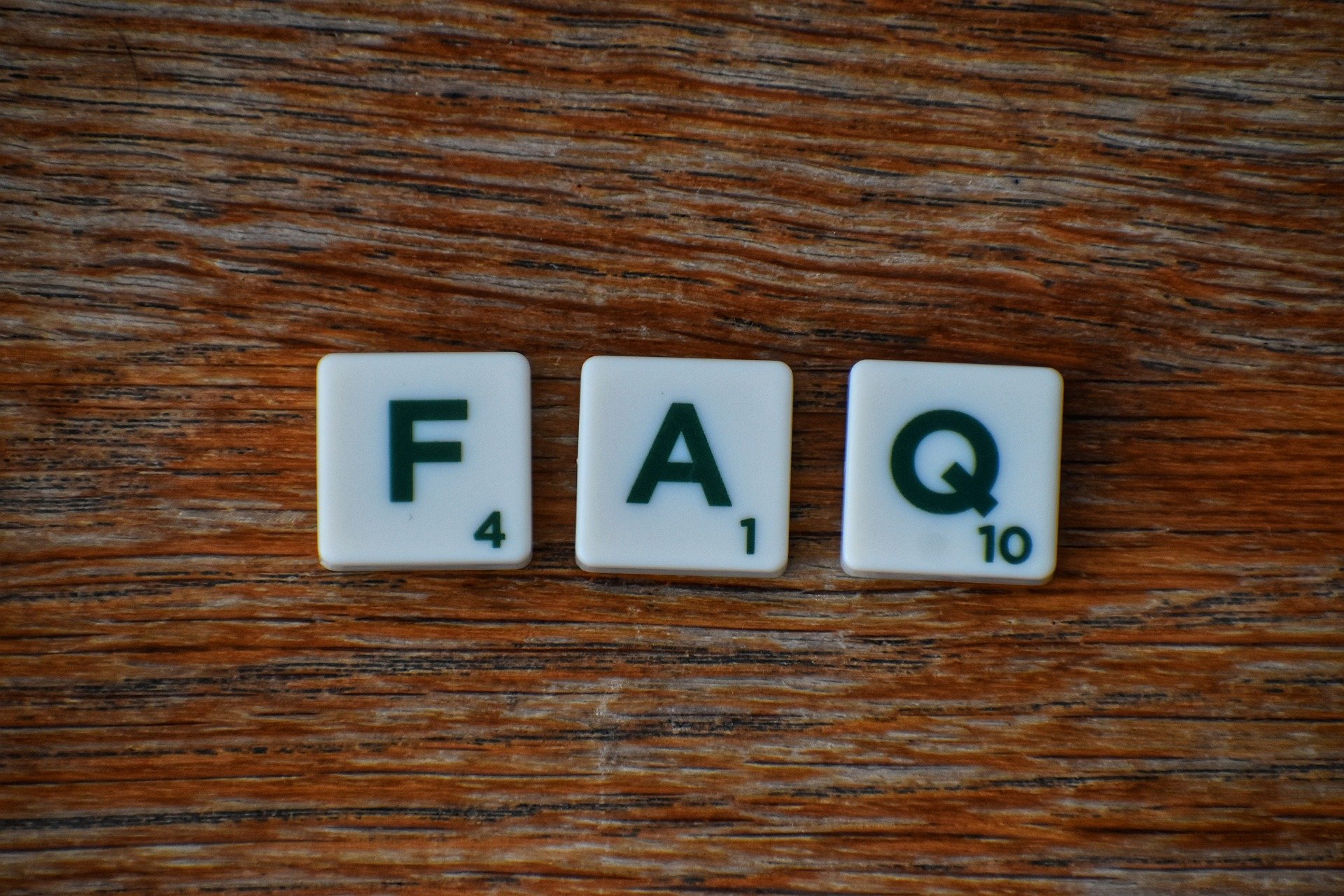Why might I use a General Power of Attorney?

Chris Watts MSWW, CeMAP — Fern Wills & LPAsLast verified: 17 August 2025 (England & Wales)
Quick-read summary
A General Power of Attorney (GPA) — also known as an Ordinary Power of Attorney (OPA) or sometimes called a Standard Power of Attorney — lets you appoint someone to act on your behalf straight away. Unlike a Lasting Power of Attorney (LPA), there’s no need to register it with the Office of the Public Guardian, so it can be effective as soon as it is signed.
This makes it ideal for short-term situations, urgent needs, overseas transactions, or when you want to give someone authority for a fixed purpose.
It’s flexible, rapid and affordable — but it only lasts while you still have mental capacity, and not every organisation is familiar with it.
Practical checklist: when might a General Power of Attorney help?
- You’re working or living abroad but need someone in the UK to manage property, accounts, or sales.
- You want a trusted person to carry out a specific transaction (such as selling a car or a property).
- You’re going into hospital or travelling for an extended period and need business or personal affairs handled temporarily.
- You need something urgent in place where someone’s capacity is deteriorating quickly, or where authority is required immediately.
- You want a stop-gap measure while waiting for a Lasting Power of Attorney to be registered.
- You run a business and need continuity if you’re unavailable for a time.
What to consider
Pros & Cons of a General Power of Attorney
Pros
- Effective immediately — no OPG registration delay (unlike LPAs, which take 8–20 weeks).
- No registration fees — usually cheaper overall.
- Rapid turnaround — can often be drafted and signed within 24 hours.
- Flexible — can be tailored to a specific action or limited period.
Cons
- Less familiar — some banks and organisations may not immediately recognise it.
- Jurisdictional limits — formally valid only in England and Wales.
- Overseas use may require notarisation, apostille, and sometimes translations or local validation.
Fern Wills & LPAs will advise you and consult with you when creating your bespoke General Power of Attorney. There are a few points worth considering:
- Setting an automatic end date.
- Limiting responsibilities granted (for example, allowing authority over property but not bank accounts).
- Appointing multiple attorneys, with the option of requiring them to act jointly for some matters but separately for others.
- Adding a clause to allow payment to an attorney.
- Including indemnification to protect attorneys against reasonable costs and liabilities incurred while carrying out permitted activities.
General Powers of Attorney for business use
GPAs can be particularly useful in a business context. For example, if a company director or sole trader is temporarily unavailable due to travel or illness, a GPA can authorise a trusted colleague or partner to keep the business running — signing contracts, handling property matters, or paying invoices. Unlike an LPA, a GPA is designed for immediate, short-term authority, which can make it a practical tool for continuity planning in business.
Quick comparison table:
| Pros | Cons |
|---|---|
| Effective immediately – no registration delay | Less widely recognised than LPAs |
| No registration fees | Official recognition only in England and Wales |
| Rapid turnaround – as little as 24 hours | Overseas use may need notarisation, apostille, translations |
| Flexible in scope and duration | Acceptance abroad depends on local authorities |
GPA vs LPA: a side-by-side comparison
| Feature | General Power of Attorney (GPA) | Lasting Power of Attorney (LPA) |
|---|---|---|
| When it takes effect | Immediately on signing | Only once registered with OPG (8–20 weeks) |
| Registration required | No | Yes — £82 registration fee payable (per document) |
| Duration | Only while the donor has mental capacity | Continues even if capacity is lost |
| Best suited for | Specific or short-term needs (e.g. travel, transactions, urgent access) | Long-term protection and planning |
Working together: GPA and LPA
A General Power of Attorney can be the perfect companion to a Lasting Power of Attorney. A GPA allows your chosen attorney to act immediately, covering urgent needs or transactions while you still have capacity. The LPA, once registered, ensures continuity if capacity is later lost.
When combined with a well-drafted will (and, where appropriate, trusts), these three documents create a powerful estate planning toolkit — giving you confidence that both immediate and long-term needs are fully covered.
Supporting documents
A Letter of Wishes can sit alongside a GPA, spelling out the donor’s intentions in plain English. This often reassures banks, solicitors, or foreign authorities about the purpose and limits of the power.
Where required, Fern Wills & LPAs can also prepare helpful cover letters, templates, or briefing notes for institutions. These aren’t always necessary, but when they are, they can smooth the process.
For overseas use, we can recommend trusted providers for notarisation and apostille certification, which are often more affordable than people expect.

How this works in real life
- Selling a vehicle in the US
A client had returned to the UK but still owned a car in America. By granting a GPA to his relative in the US, they were able to handle the sale quickly and legally without him needing to fly back. - Managing property from Dubai
Another client, a landlord with several buy-to-let properties, spent long periods working in Dubai. He gave his sons a GPA to manage and, if needed, sell properties in his absence. - Supporting someone with early dementia
A client recently diagnosed with early-onset dementia still had full capacity to make a new will and LPA. However, their attorneys needed to act immediately. A GPA provided short-term access straight away, while the LPA was being prepared and registered for longer-term use. - An urgent hospital update
On one occasion, a client in hospital needed their will updated urgently. Alongside the emergency will, we prepared a GPA so that a trusted relative could handle immediate affairs during the uncertain period ahead. - Resolving a business stand-off
In a family-owned company, two director-siblings stopped communicating. To keep the business running, their accountant was given a time-limited GPA covering certain negotiations. This allowed progress without either director needing direct contact.

Q1. How is a General Power of Attorney different from a Lasting Power of Attorney?
A GPA is effective immediately and lasts only while you have mental capacity. An LPA must be registered before use but continues even if you later lose capacity.
Q2. Can a GPA be used for long-term planning?
No. It’s designed for temporary or specific purposes. For long-term protection, an LPA is essential.
Q3. Will banks and organisations accept a GPA?
Yes — but some may be less familiar with it. Providing a Letter of Wishes or cover note can help smooth the way.
Q4. Can I use a GPA abroad?
Sometimes. Many countries will accept it once notarised and apostilled, but acceptance is always at local discretion.
Q5. Can I cancel a GPA?
Yes. As long as you have mental capacity, you can revoke a GPA at any time by giving notice to your attorney and any institutions involved.
Q6. Aren’t GPAs only valid for 12 months?
No — this is a common myth. A GPA can remain valid for many years, right up until the donor loses mental capacity.
Q7. Does a GPA cover health and welfare matters?
No. A GPA only applies to property and financial decisions. For health and welfare matters, only a Health & Welfare LPA is valid.
Q8. Does a GPA continue if I lose capacity?
No. Another common misunderstanding. A GPA automatically ends the moment the donor loses capacity. Only an LPA continues beyond this point.
Q9. Can you change the terms of a General Power of Attorney?
Yes and no. You can’t amend the existing document once signed, but you can revoke it (by notifying your attorneys and any third parties) and then create a new one. Fern Wills & LPAs can guide you through this process.

Optional Technical Notes (for those who want the detail…)
- Governed by the Powers of Attorney Act 1971.
- Valid only while the donor retains capacity. If capacity is lost, the GPA is automatically void.
- No need for OPG registration → no statutory fee.
- Apostille certification is handled by the Foreign, Commonwealth & Development Office (FCDO) under the Hague Convention.
- GPAs are distinct from Enduring Powers of Attorney (now obsolete) and Lasting Powers of Attorney.
Sources & further reading
- GOV.UK — Make, register or end a power of attorney
- NHS.uk — Giving someone power of attorney
- MoneyHelper — Setting up a power of attorney
- Citizens Advice — Power of attorney
- Age UK — Power of attorney
- Society of Will Writers
Next steps
A General Power of Attorney can be a very useful tool when you need something handled quickly, or while you’re away or unavailable. But it’s not a substitute for long-term planning with an LPA.
Together with a will (and, where appropriate, trusts), these documents create a strong foundation for complete estate planning.
If you’d like to explore whether a GPA is right for you, or how it can work alongside an LPA, contact Fern Wills & LPAs for a clear, no-obligation chat.



